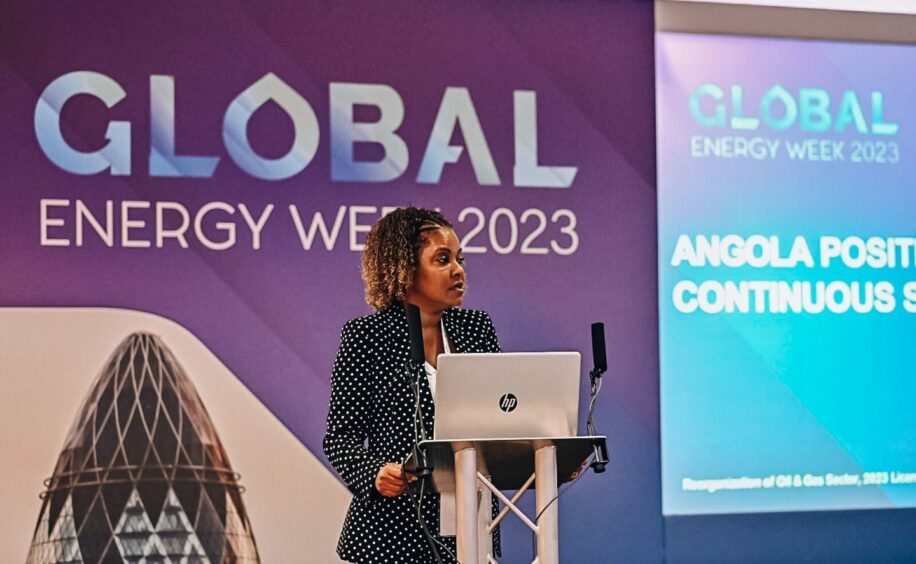
Angola’s regulator is focused on attracting investment into the upstream, putting a particular focus on new investment from medium and small companies, according to a recent presentation.
The West African state will continue testing its appeal through bid rounds. It is launching its next offering, focused on the Lower Congo and Kwanza basins on September 30. The round will be open until November 9.
Recent winners include awards on KON-2, KON-11, KON-12 and KON-16 in May.
Angola tweaked its terms four years ago, explained Agencia Nacional de Petroleo, Gas e Biocombustiveis (ANPG) negotiations director Alcides Andrade. “The aim was to be the best choice for energy investors worldwide,” he told the audience at IN-VR’s Global Energy Week.
The country’s aim was to “mitigate the decline in production”, he continued. Production peaked in 2008 at 1.9mn barrels per day. “Since 2016, we have been fighting the decline curve.”
Natural decline from its deepwater assets is 15-20%, Andrade said. Angola has now stabilised its production, he said through the new reforms. “We’ve stabilised production above 1.1mn bpd. The strategy is to keep production for many more years to come above 1mn bpd.”
ANPG expects existing opportunities to keep up output, while the new licences should start to bear fruit from 2029.
“We have tried to achieve the right environment for investors to come to Angola. We have a stable fiscal and contractual environment. It is important we continue to create such an environment to continue attracting new investment,” said ANPG executive board member Natacha Massano.
Andrade said the reforms should see investments reach $60 billion over the next five years, “that’s an increase of 40% from the last five years”. Most of that will be capital expenditure.
Part of the wave
The next licence round, launching in September, will offer 12 onshore blocks, four in the Lower Congo and eight in the Kwanza.
A number of blocks are also available under permanent offer, including Blocks 10, 11, 12 and 13. “Offshore is more capital intensive than the onshore licence rounds,” he said.
The work programme for the licence round aims for flexibility, he said. “Flexibility is our middle name,” the ANPG official said. Licences are available under production-sharing contract (PSC) terms. “The focus is that investors recover their investment through cost oil as soon as possible in the early stages.”
The profit sharing also should help ensure “investors have high returns”, he said. The aim is to attract companies to “invest and to continue investing”. Social and green projects will only become a factor once first oil has been achieved, he said. “The focus is to find ways for you to recover your investment fast. When to invest is now. Be part of the wave, don’t stay behind.”
Afentra nears
One company putting Angola to the test is Afentra, which completed a transaction with INA recently and is working on another with Sonangol. The London-listed company signed the deal in April 2022 and is just about to complete, said Afentra COO Ian Cloke.
“Does it take longer in Africa than in Europe? Yes. Does it take longer than it did a few years ago, I’m not sure,” Cloke said, referencing Tullow Oil’s plans to sell down in Uganda. “You need to know your stakeholders and if you don’t listen to them that’s a problem. In Africa, you always have to be patient.”
The executive went on to note ANPG’s “forward thinking” approach. “They’ve recognised the majors will be moving into deepwater and LNG. They want to encourage smaller players. It went from being quite a difficult place to, in the last two years, being much more positive.”
Angola’s appeal is paying off. ANPG has reported that 10 drilling units were active during May, including five drillships.
